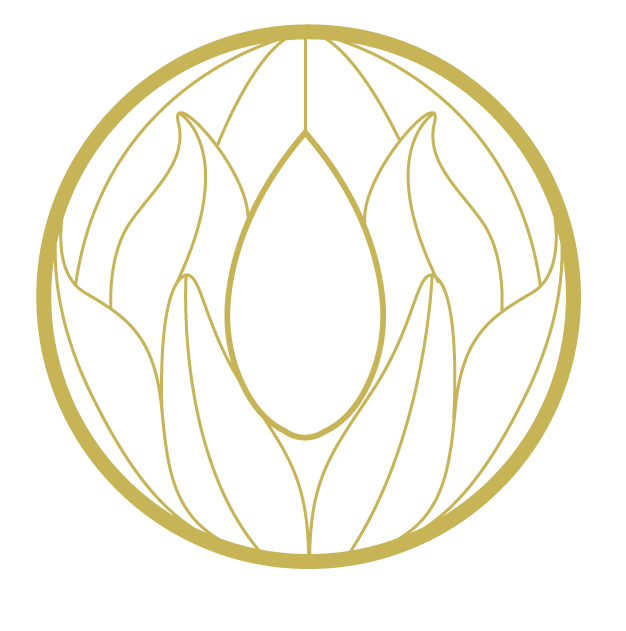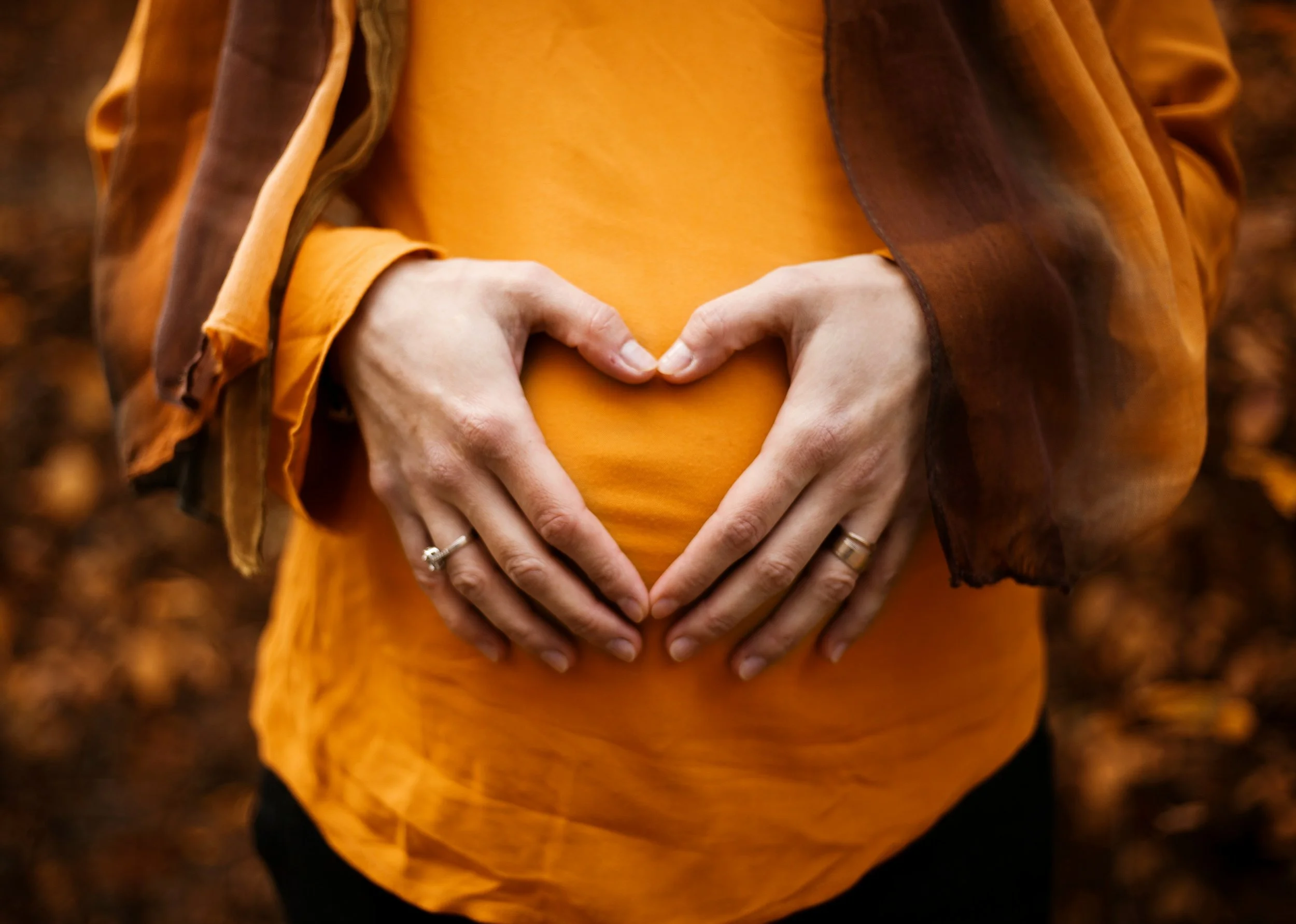Acupuncture and IVF: A Holistic Approach to Enhancing Fertility Treatment Success
In-vitro fertilization (IVF) is a physically demanding and emotionally intense process that many couples undertake in the hope of starting or growing their families. While medical advancements have significantly improved IVF outcomes, many patients are now exploring complementary therapies like Acupuncture to further support their chances of success.
Acupuncture is an ancient form of Chinese medicine that involves inserting thin needles into specific points on the body to balance the flow of energy, or "Qi," and stimulate the body’s natural healing processes. In recent years, acupuncture has gained attention as a supportive treatment for women undergoing IVF. Here’s how it may benefit both the physical and emotional aspects of fertility treatment.
Enhancing Blood Flow to Reproductive Organs
One of acupuncture’s primary benefits during IVF is its ability to improve blood circulation, especially to the uterus and ovaries. Better blood flow can help nourish developing follicles and enhance endometrial receptivity, increasing the likelihood of embryo implantation.
Regulating Hormonal Balance
IVF involves multiple hormonal interventions, and acupuncture can play a role in supporting hormonal homeostasis. It has been shown to affect the hypothalamic-pituitary-ovarian (HPO) axis, potentially increasing levels of luteinizing hormone (LH) and follicle-stimulating hormone (FSH), which are critical for ovulation and follicle development.
Reducing Stress and Anxiety
The IVF process can take a heavy emotional toll. Acupuncture has been found to lower stress and anxiety by stimulating the parasympathetic nervous system and increasing the production of endorphins.
Improving Ovarian Reserve and Egg Quality
For women with diminished ovarian reserve, acupuncture may enhance egg quality and quantity by increasing ovarian blood flow, reducing oxidative stress, and balancing hormonal output.
Boosting IVF Success Rates
Several clinical trials and meta-analyses have explored the link between acupuncture and improved IVF outcomes. While results vary, some studies suggest up to a 40% increase in success rates when acupuncture is used in conjunction with embryo transfer.
Improving Implantation Rates
Acupuncture may improve the thickness and receptivity of the uterine lining, lower uterine contractility post-transfer, and regulate immune responses — all factors that contribute to successful embryo implantation.
Supporting the Post-Transfer Phase
The period following embryo transfer is a critical time for IVF patients. Acupuncture may help to reduce anxiety, promote emotional well-being, and support uterine health, increasing the chances of a successful pregnancy.
Minimizing Side Effects of IVF Medications
Acupuncture can help mitigate some of the common side effects of IVF medications, such as bloating, headaches, and fatigue, by promoting the body’s natural healing processes and restoring balance.
A Holistic Approach to IVF Success
Acupuncture is not a miracle cure, but when used as a complementary therapy alongside IVF, it can offer a holistic approach that addresses both the physical and emotional components of fertility treatment. By enhancing ovarian function, reducing stress, improving implantation rates, and alleviating side effects of IVF medications, acupuncture provides an additional layer of support for patients navigating the IVF journey.
As always, it’s important to consult with both your IVF specialist and a qualified acupuncturist to create a personalized plan that complements your IVF treatment protocol.
References
1. Stener-Victorin, E., Waldenström, U., Andersson, S. A., & Wikland, M. (1996). Reduction of uterine artery blood flow impedance by acupuncture during the periovulatory period. Human Reproduction, 11(6), 1314-1317.
[https://doi.org/10.1093/oxfordjournals.humrep.a019403](https://doi.org/10.1093/oxfordjournals.humrep.a019403)
2. Chen, J., Liu, X., Shuai, L., & Fang, Z. (2013). Effects of acupuncture on endocrine function in women with polycystic ovary syndrome: a systematic review and meta-analysis. Gynecological Endocrinology, 29(11), 932-938.
[https://doi.org/10.3109/09513590.2013.819083](https://doi.org/10.3109/09513590.2013.819083)
3. Smith, C. A., de Lacey, S., Chapman, M., Ratcliffe, J., Norman, R. J., Johnson, N. P., & Boothroyd, C. (2011). Effect of acupuncture on symptoms of stress in women undergoing IVF: a randomized controlled trial. Reproductive BioMedicine Online, 23(4), 523–530.
[https://doi.org/10.1016/j.rbmo.2011.06.013](https://doi.org/10.1016/j.rbmo.2011.06.013)
4. Magarelli, P. C., Cridennda, D. K., & Cohen, M. (2009). Changes in serum cortisol and prolactin associated with acupuncture during IVF: a pilot study. Fertility and Sterility, 92(6), 1870-1873.
[https://doi.org/10.1016/j.fertnstert.2008.09.008](https://doi.org/10.1016/j.fertnstert.2008.09.008)
5. Paulus, W. E., Zhang, M., Strehler, E., El-Danasouri, I., & Sterzik, K. (2002). Influence of acupuncture on the pregnancy rate in patients who undergo assisted reproduction therapy. Fertility and Sterility, 77(4), 721–724.
[https://doi.org/10.1016/S0015-0282(01)03273-3](https://doi.org/10.1016/S0015-0282%2801%2903273-3)
6. Manheimer, E., Zhang, G., Udoff, L., Haramati, A., Langenberg, P., Berman, B. M., & Bouter, L. M. (2008). Effects of acupuncture on rates of pregnancy and live birth among women undergoing in vitro fertilisation: systematic review and meta-analysis. BMJ, 336(7643), 545–549.
[https://doi.org/10.1136/bmj.39471.430451.BE](https://doi.org/10.1136/bmj.39471.430451.BE)
7. Dieterle, S., Ying, G., Hatzmann, W., & Neuer, A. (2006). Effect of acupuncture on the outcome of in vitro fertilization and intracytoplasmic sperm injection: a randomized, prospective, controlled clinical study. Fertility and Sterility, 85(5), 1347–1351.
[https://doi.org/10.1016/j.fertnstert.2005.11.062](https://doi.org/10.1016/j.fertnstert.2005.11.062)

